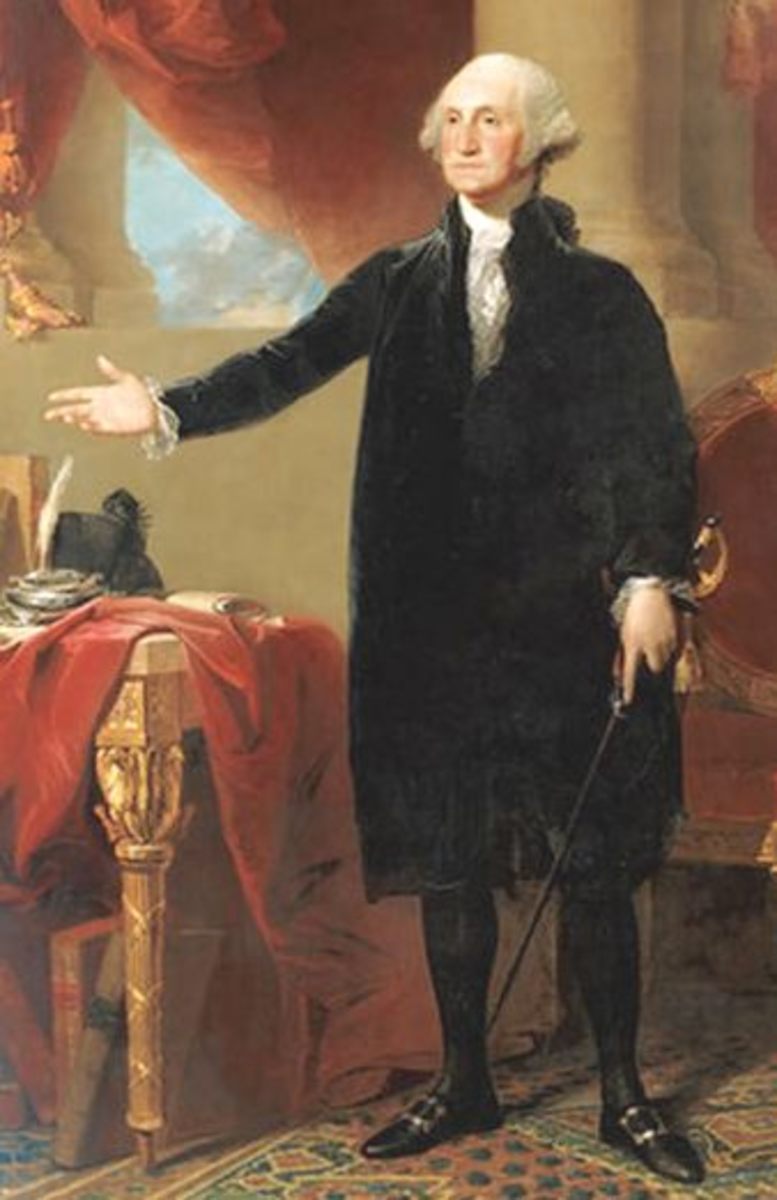China 2.0 Morality as a Cultural Factor

In the Australian Financial Review in the past week I read an article entitled ‘God or Mammon: Why the world needs religion’. The author reviewed how society can become innovative and grow through the study and thought of religion. An example that was given was that until the 17th Century China lead Western Europe in terms of invention, innovation and growth due to a focus on the Confusion and Buddhist influences upon society. Europe took over from China in the 17th Century as theological thought spurred the Enlightenment and people started to think deeper around religious ideals that lead to more radical thought and innovation.
In the USA, which is in parts deeply religious, we have seen during the 20th Century the rise of this nation to becoming the greatest economy in the world and an influencer of world opinion and thought. China is starting again to dominate on the back of their economic rise and the Government is starting to understand that religion and morality has a role to play in the nation.
The key here is not a fundamentalist or dogmatic view of religion with a myopic hold of the view of religion held by these believers, but in an underlying cultural understanding of religion that leads to morality, community and innovation through different thoughts. If you consider the Catholic Church hold on religion in Europe prior to the Enlightenment we had the dark ages of limited innovation. China since the 17th Century had a culture of getting ahead, being better than another and with the rise of the Communist Party in 1949 and the banning of religion China’s morality went into decline. There is now an apparent change in China to support religion to lead the nation to greater morality and innovation.
This article got me thinking about some of the lectures I had in China in 2010 where morality and religion was discussed in context about the future of China.

Professor Jing-Jui (Peter) Chou
Peter Chou is a respected professor on Chinese consumer behaviour at the Beijing University. He was lecturing about how to target consumers in China and to also give some insight into the psyche of the Chinese.
According to Chou the mentality of the Chinese is that they have carried a heavy weight for a long time and they are searching for luck to get out of their circumstances. Because of this suffering over several generations they want to get ahead at any cost. For those of you who have travelled to China you will notice that no-one will wait in a queue and people will push in front of you all of the time. This is an example of wanting to be first, to get ahead and to have one over other people.
This has led the Chinese to become the most capitalistic nation on earth due to the fact that they have lost their Confucianism morals. This makes them true capitalists – make money and have a better life at any cost. This is why life appears to be worthless sometimes in China. Without a societal moral code people need to develop their own morals and this can lead to a lack of community and support infrastructure within the nation.
In 2004 the Government recognised this issue so religious beliefs were legalised and the Government actively supported Confucianism to assist the community to develop morals. In fact a group was opened at his University to support the concept of morals to the university students and staff.
As mentioned earlier religion, morals and belief systems enable innovation and creativity. This is lacking in China where these concepts need to be imported from foreign companies. A great example is Lenovo, the major PC brand in China. Lenovo only started to take market share once it began to innovate which is did through the acquisition of the IBM sales division. While China remains great imitator, innovation is still lacking in the nation and the Government believes that reintroducing morals and religion can assist this process.
Dr Marina Zhang – China 2.0
Zhang in 2010 released a book on the future of China in relation to the internet and the impact that this medium is having upon the society. The web is enabling individuals to have a voice and creating more transparency and accountability for the Government. During Marina’s lecture she spoke about faith in China and the changing impact on the culture.
According to Zhang, China is missing faith and belief, these elements are not found within Chinese society. However, she believes, that once China develops faith and belief that the nation will change and become more democratic. From her research there are trends that are showing that the web is having an influence on these attributes and is in some way accelerating the process of enabling China to ‘grow up’ to be able to accept and manage democracy.
As China becomes more wealthy people will not be solely focussed upon just survival and this would naturally remove the win-lose mentality of the populace, hopefully moving the community to a win-win mentality. A part of this movement is the harmonious society strategy that the Government has instituted coupled with faith.
For more information on Marina’s concepts buy a copy of ‘China 2.0: The transformation of an emerging superpower…and the new opportunities’ by Marina Yue Zhang with Bruce W. Stening, John Wiley & Sons, Singapore.
Summary
Faith, religion, morals and belief are the building stones of community and morality that lead to creativity and innovation in a nation. China is at the commencement of a long journey back to belief and morality and if it can be achieved then China stands to be a dominant player not just in imitation and manufacturing, but in becoming creative and innovative as well.









